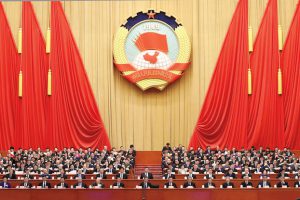
The Reasons for China’s Cooling Interest in Latin America
China’s interest in the region has cooled — and that trend will continue, writes a leading expert on Sino-Latin America ties.


China’s interest in the region has cooled — and that trend will continue, writes a leading expert on Sino-Latin America ties.

Jair Bolsonaro pegou pesado contra a China durante a campanha. Mas mudou o tom depois que assumiu a presidência. Fortes laços comerciais ajudam a explicar por quê.

Jair Bolsonaro habló en un tono severo sobre China durante su campaña. Pero esto ha cambiado después de que asumió la presidencia. Los profundos lazos económicos son la explicación.

Los bienes de consumo chinos, desde drones a bicicletas, están ganando terreno en América Latina.
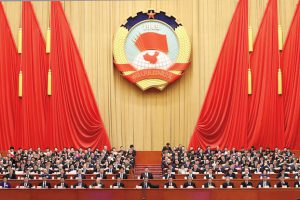
El interés de China en la región se ha enfriado y esta tendencia continuará, escribe una destacada experta en relaciones sino-latinoamericanas.

Estudiar la cultura e historia de la región ayudaría a los funcionarios a entender su política y su economía, escribe un experto chino.
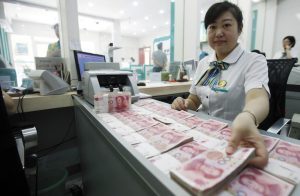
Una pregunta que uno no escucha a menudo en América Latina – al menos hasta ahora.

As China fuels innovation in the region, countries must prepare to mitigate the risks.
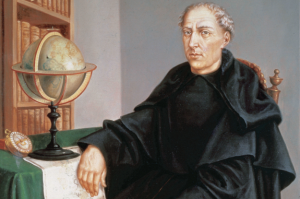
The Middle Kingdom is hardly new to Latin America. One trade route dates back to the 16th century, and had major historical implications.
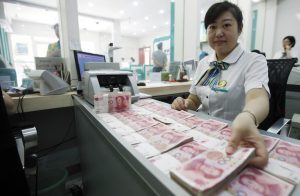
Don’t expect to hear that question on the streets of Latin America anytime soon.

Studying Latin America’s culture and history would help officials grasp its politics and economics, writes a Chinese scholar.

Chinese consumer goods, from drones to bike shares, are gaining ground in Latin America.

A mysteriously timed land and tax deal becomes a source of tension for China — and a sign of its growing interest in Central America.
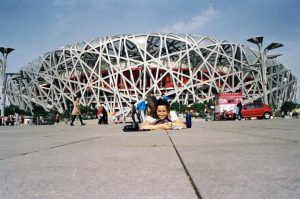
Misconceptions about China hinder what could be a rich exchange with Latin America.

This article is adapted from AQ’s latest issue on China and Latin America My interest in China began many years ago. I was fascinated by Chinese culture and started studying the language in university. After graduating as a lawyer in Argentina, I started working with clients that exported to China and realized the magnitude of the opportunity for … Read more